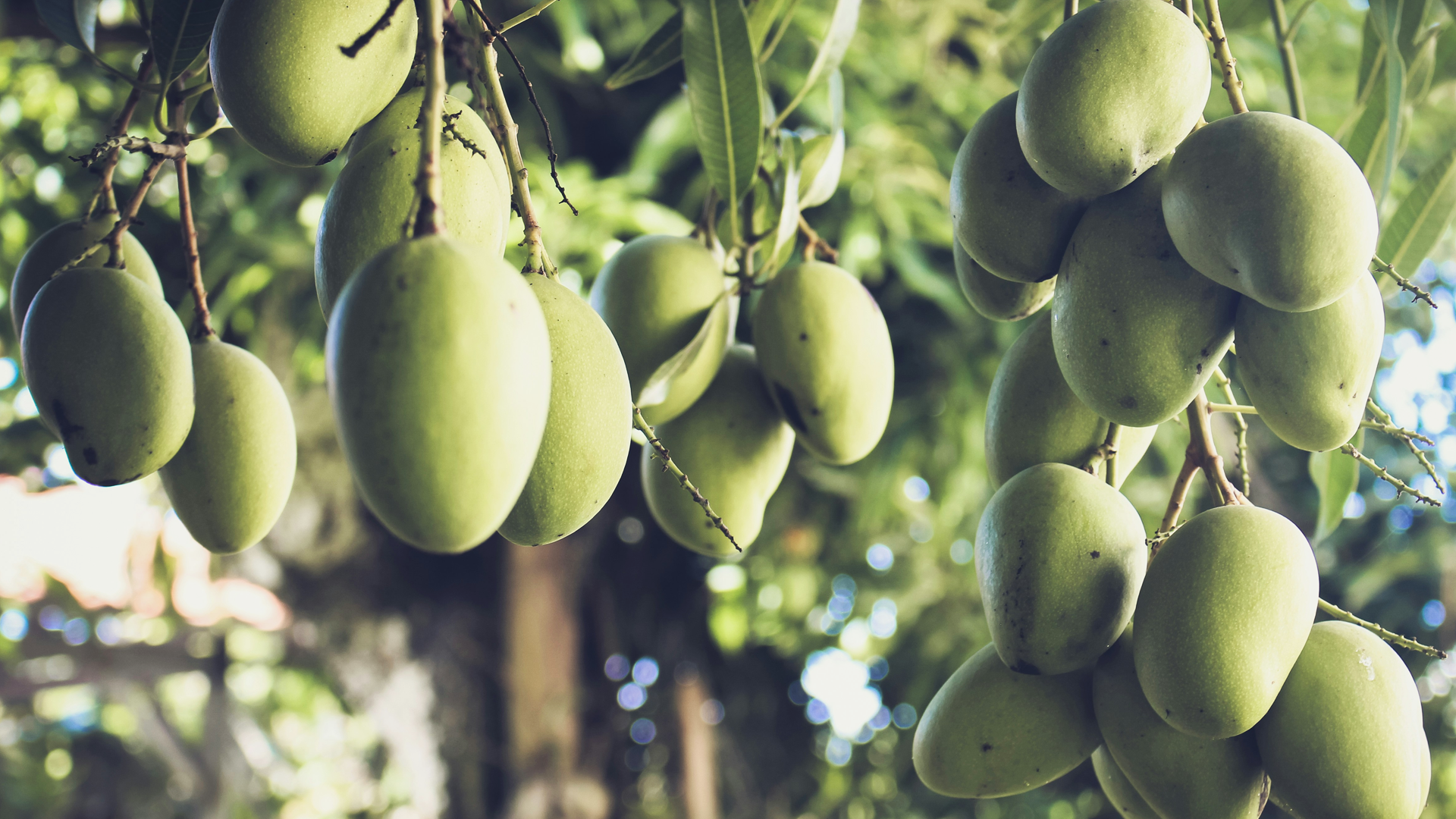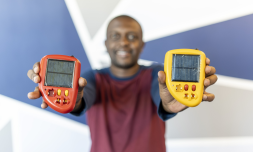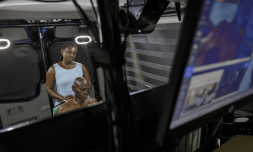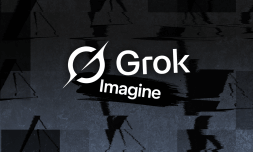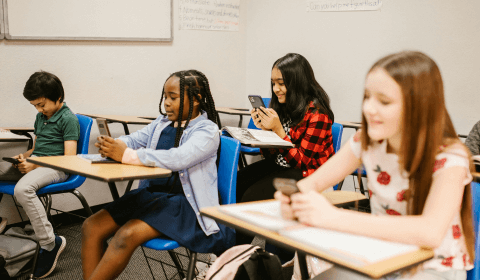At Caleb University in Lagos, Nigeria, three students are tackling one of agriculture’s oldest and most overlooked problems, determining fruit ripeness.
The trio has developed an AI-powered app that can instantly assess whether a mango is ripe, underripe, or rotten, a breakthrough that could drastically cut post-harvest losses and transform fruit quality assessment in Africa.
Their app, which uses a combination of computer vision and machine learning, works by analyzing images of mangoes to detect subtle visual cues; color gradients, texture patterns, and skin defects, that indicate ripeness levels. In seconds, the software classifies each mango with striking accuracy, providing farmers, traders, and consumers with a digital tool to make smarter decisions.
‘This isn’t just about mangoes,’ said Harmony Abayomi, one of the developers during a hackathon at Bell University. ‘It’s about empowering local farmers with technology that’s simple, accessible, and rooted in their everyday challenges.’
Africa loses nearly 30 to 50% of its agricultural produce before it even reaches the market, according to the FAO. For perishable fruits like mangoes, this is even more acute. The lack of standardized, affordable, and fast tools to assess fruit quality means entire harvests can go to waste, a heartbreaking reality for smallholder farmers who depend on seasonal yields.
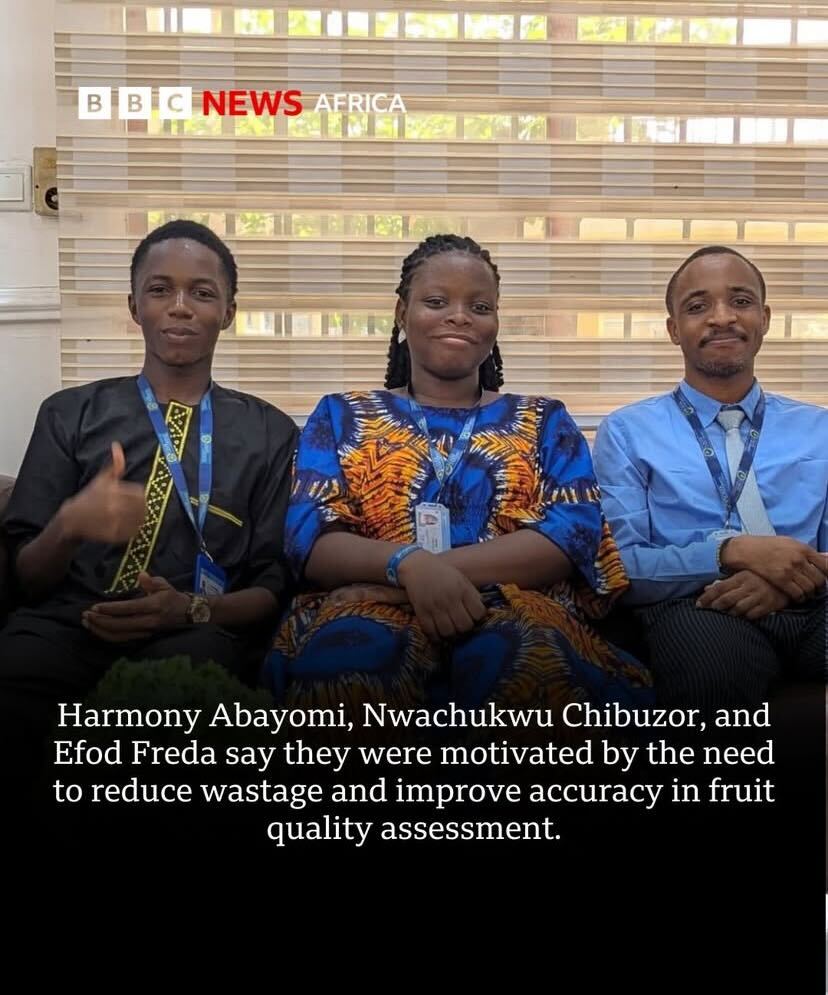
The students’ solution bridges that gap. By training the AI model on hundreds of annotated mango images across different stages of ripeness, the app becomes smarter with every scan. The result is a robust system that could one day be expanded to other fruits like bananas, avocados, and tomatoes, all of which suffer similar post-harvest challenges in Africa and beyond.









